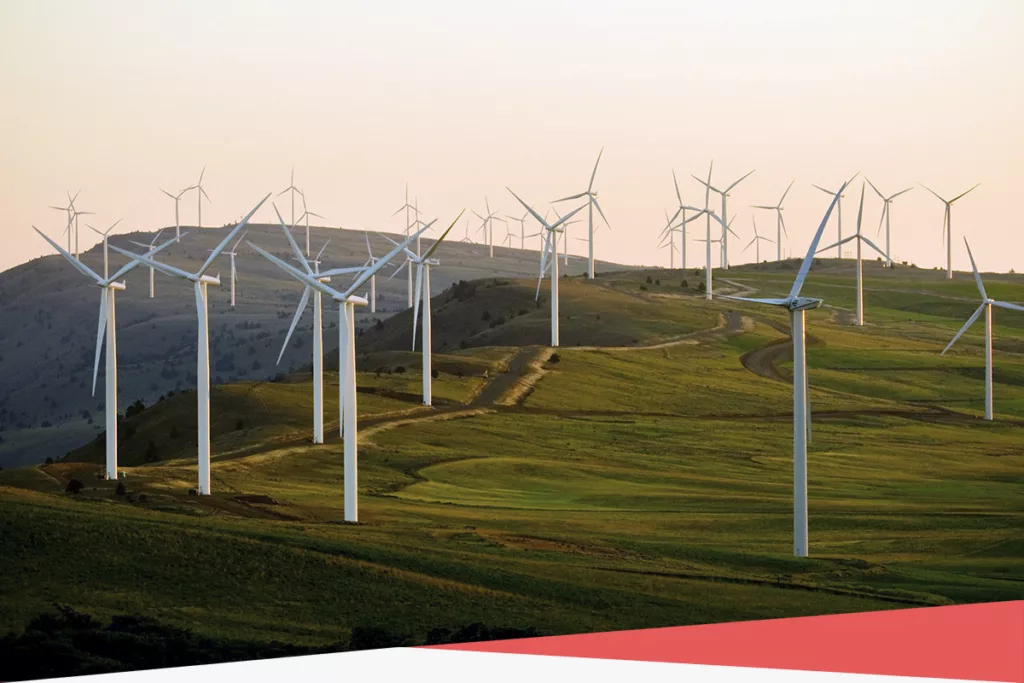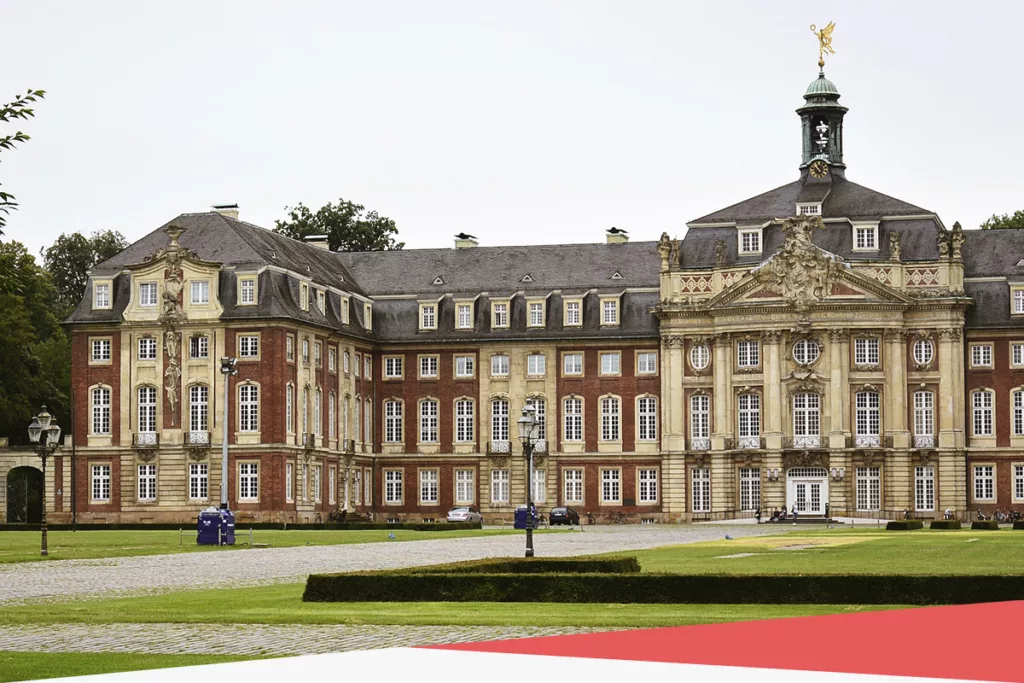Socio-ecological sustainability
Addressing global challenges with a particular emphasis on perspectives and approaches from Social Sciences and Humanities.

About this hub
Based at the University of Münster (Germany).
It contributes significantly to developing innovative ideas and solutions for the pursuit of sustainable wellbeing in Ulysseus regions and cities, addressing global challenges such as climate change, biodiversity loss, energy transition, and questions of peace and democracy.
It focuses on inter- and transdisciplinary sustainability research, teaching, and transfer activities with a particular emphasis on perspectives and approaches from Social Sciences and Humanities.
Scope
Sustainable development is a central challenge of the present and requires comprehensive societal transformation. Innovative strategies and ideas to enable societies to navigate and solve today’s complex social and ecological challenges are urgently required, and interdisciplinary and especially contributions by Social Sciences and Humanities to sustainability research and governance are needed as urgently to address global challenges such as climate change, biodiversity loss, energy transition, and questions of peace and democracy.
Analyzing, discussing, and answering the manifold epistemological, organizational, cultural and political requirements of global solutions to current sustainability challenges, the Münster Innovation Hub pursues inter- and transdisciplinary sustainability research, teaching, and transfer activities with a particular emphasis on perspectives and approaches from Social Sciences and Humanities.

Description
The Innovation Hub Socio-Ecological Sustainability contributes significantly to Ulysseus by developing innovative ideas and solutions for the pursuit of sustainable wellbeing in Ulysseus regions and cities. A Joint Research Centre for collaborative research, Living Labs and Start-up Incubator programs will foster both civic engagement and needs-based innovation. Open Classes and a Teaching Innovation Lab will enable innovative research-based that address the urgency of sustainability by contributing sustainably an intergenerational public discourse.

The IH ecosystem for Socioecological Sustainability in Münster’s
The Innovation Hub “Socio-Ecological Sustainability” integrates cutting-edge research activities in the field of sustainability, a research profile area at the University of Münster that comprise outstanding basic research and application-oriented projects.
The hub is built on the solid foundation of the long-standing expertise of the renowned Center for Interdisciplinary Sustainability Research (ZIN) that combines sustainability related research, teaching and consulting in social sciences and education, law and economics, religious studies, humanities, and the natural and environmental sciences. In its focus on transformative, transdisciplinary research, it also serves as a contact point for questions on sustainable development for all levels of governance, especially the State of North Rhine – Westphalia, the City of Muenster, the media, and non governmental organizations.

Other outstanding infrastructures, such as the MEET Battery Research Center, the International Graduate School Battery Chemistry, Characterization, Analysis, Recycling and Application, the Helmholtz Institute Ionics in Energy Storage, the Fraunhofer Research Fab Battery Cell Production, the Center for Nanotechnology, and the REACH EUREGIO Startup Center, provide a perfect framework. This excellent institutional environment is surrounded by the green city and larger region of Münster. It has received the European Energy Award in Gold for its local climate protection activities with in as early as 2012.
Under the motto “Our Climate 2030”, the city of Münster is now striving to achieve climate neutrality by 2030 and to adapt to the consequences of climate change. For this aim, Münster is receiving strong support from the European Union, which selected Münster as one of the 100 cities that will now lead the way together with the EU in implementing the “Green Deal” and achieving climate neutrality by 2030″.
Latest publications
- Socio-ecological Sustainability Extended Abstracts from “COMPASS Conference: Transferable Skills for Research & Innovation” (Helsinki, October 2023). View full list of publications on this topic.